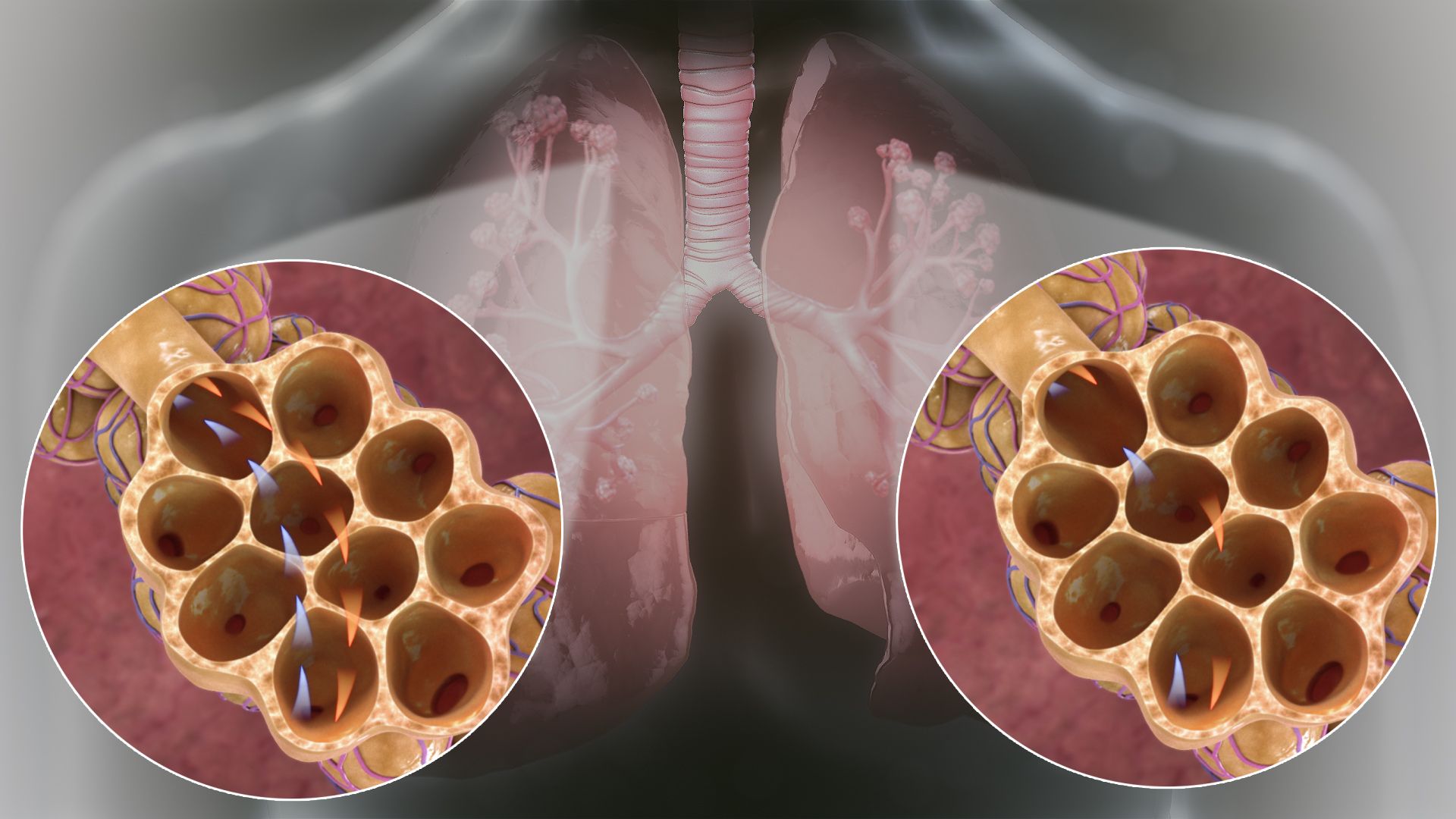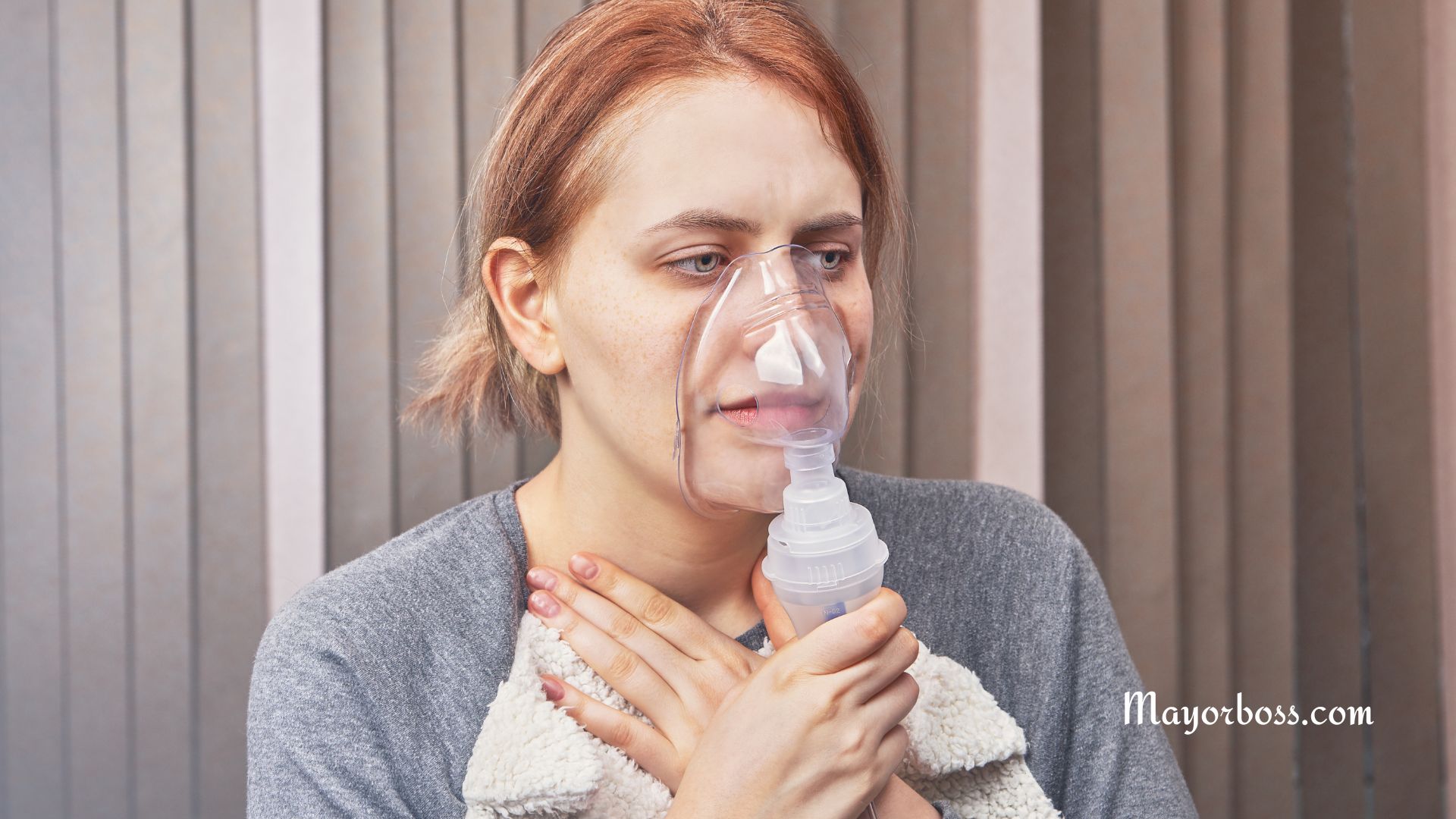Acute Cough: Causes, Symptoms, and Treatment
An acute cough is a type of cough that typically lasts for a short duration, generally less than three weeks. Although it can be disruptive and uncomfortable, an acute cough usually indicates your body’s natural defense mechanism working to clear irritants from your respiratory system. Let’s examine the common causes, symptoms, and treatment options for acute coughs.
Causes of Acute Cough
- Viral infections: The most common cause of an acute cough is a viral infection, such as the common cold or flu. When you catch a cold or flu, your respiratory system becomes inflamed, leading to increased mucus production and a subsequent cough.
- Bacterial infections: Bacterial infections, like bronchitis or pneumonia, can also lead to an acute cough. These infections may require medical intervention to resolve.
- Allergies: Seasonal or environmental allergies can trigger an acute cough as your body attempts to expel allergens from your airways.
- Irritants: Exposure to environmental irritants, such as cigarette smoke, air pollution, or strong odors, can cause an acute cough as your body works to clear the irritants from your respiratory system.
- Coronavirus (COVID-19): Acute cough is one of the most common symptoms of COVID-19.
Symptoms of Acute Cough
An acute cough can present as either dry (non-productive) or wet (productive). A dry cough typically doesn’t produce any mucus or phlegm, while a wet cough involves the expulsion of mucus. Other symptoms accompanying an acute cough may include:
- Sore throat
- Nasal congestion
- Runny nose
- Fatigue
- Low-grade fever (in some cases)
Treatment Options for Acute Cough
In most cases, an acute cough caused by a viral infection will resolve on its own without any specific treatment. However, you can take measures to alleviate the symptoms and expedite the healing process:
- Hydration: Drinking plenty of fluids can help thin mucus and soothe an irritated throat.
- Rest: Give your body ample rest to help it recover from the infection.
- Over-the-counter remedies: Cough suppressants, expectorants, and throat lozenges can provide temporary relief from coughing and sore throat.
- Steam inhalation: In many instances, inhaling steam from a hot shower or a bowl of hot water can help ease congestion and alleviate coughing.
- Honey: Consuming honey may help soothe a cough because of its anti-inflammatory and antimicrobial properties.
Also read: 10 Ways To Stop Coughing at Night
Always consult with a healthcare professional if your symptoms worsen or persist, as it may indicate a more serious underlying condition or a bacterial infection that requires medical intervention.
Further Reading: What is a Cough?






